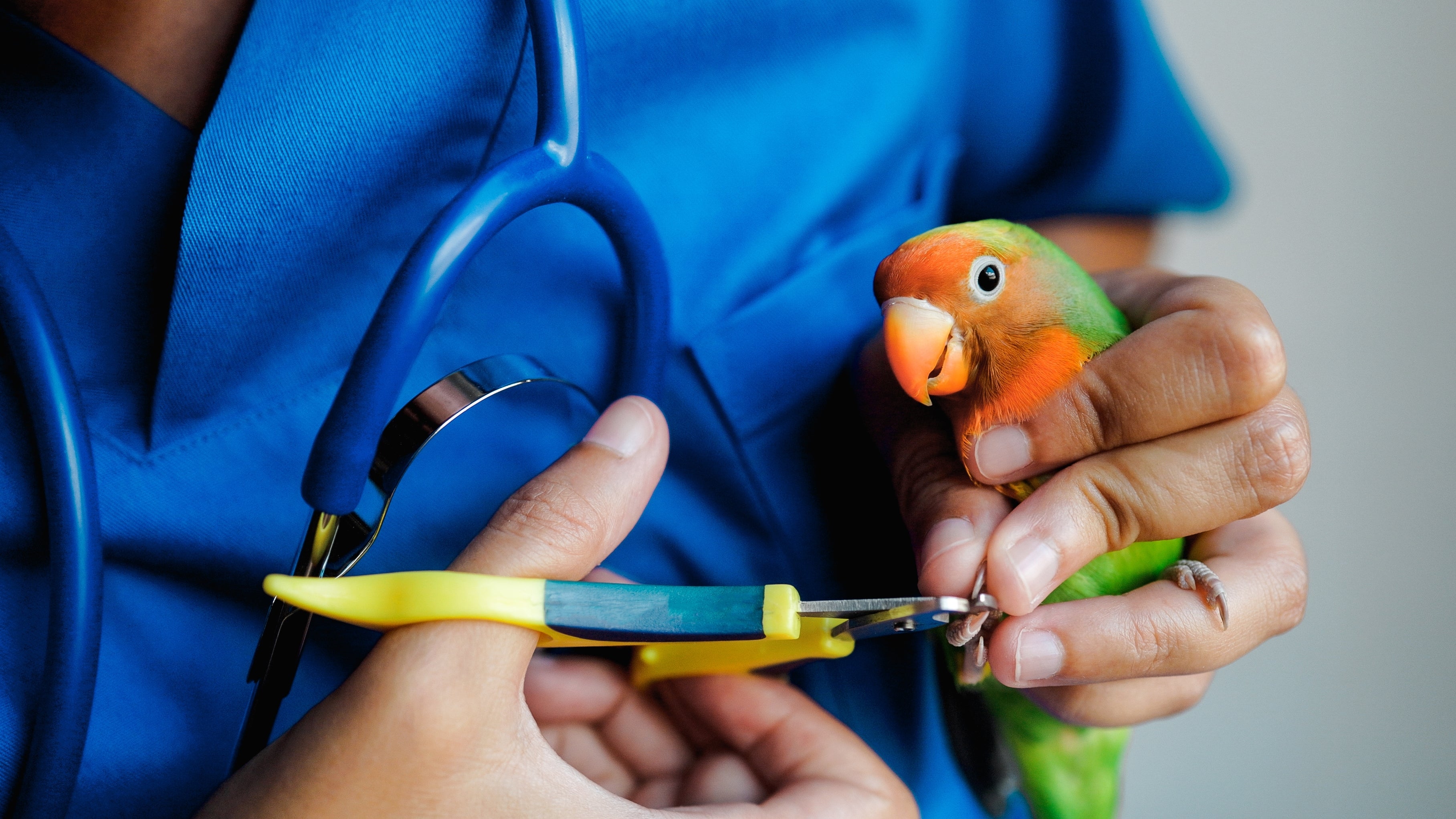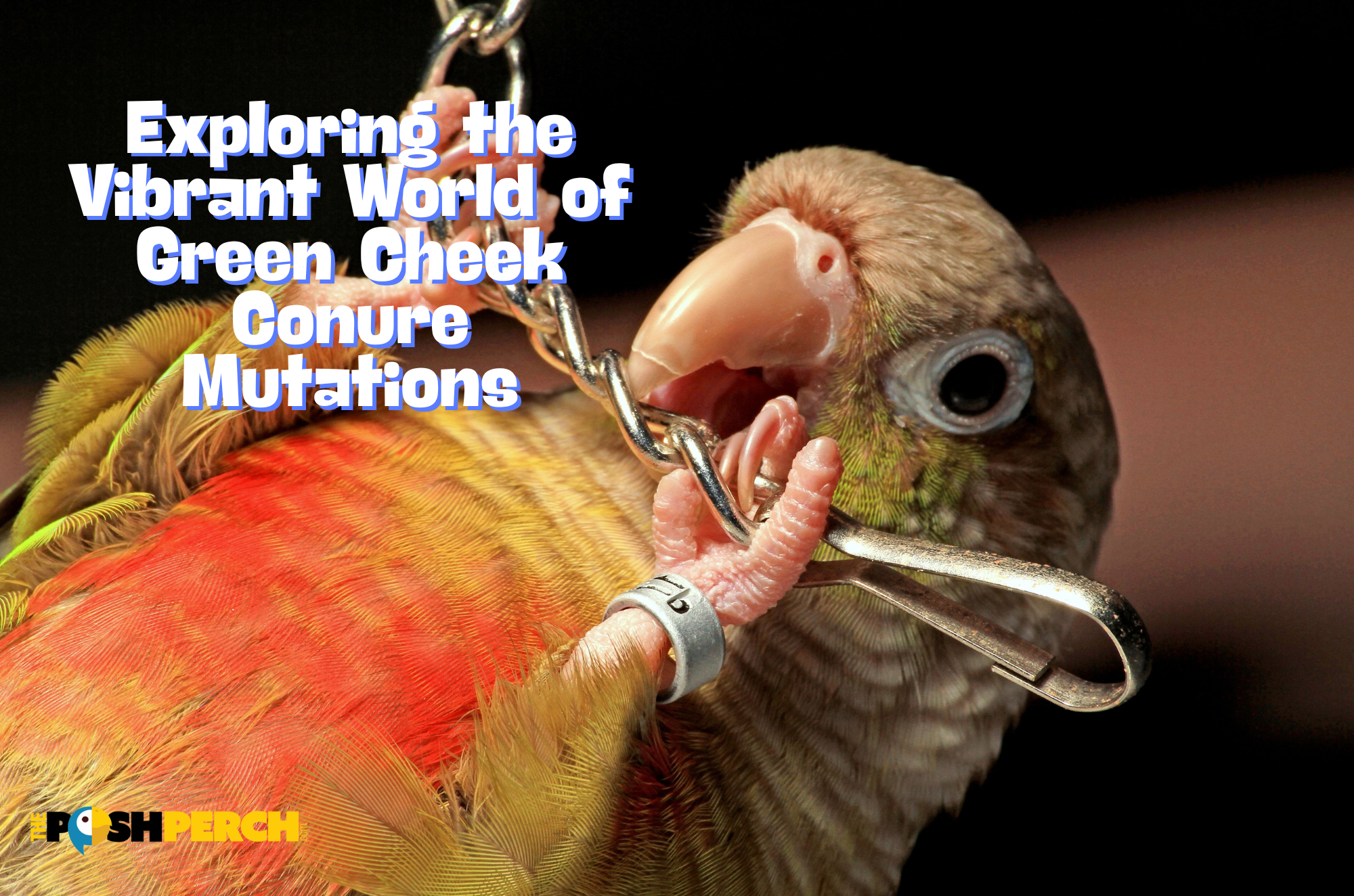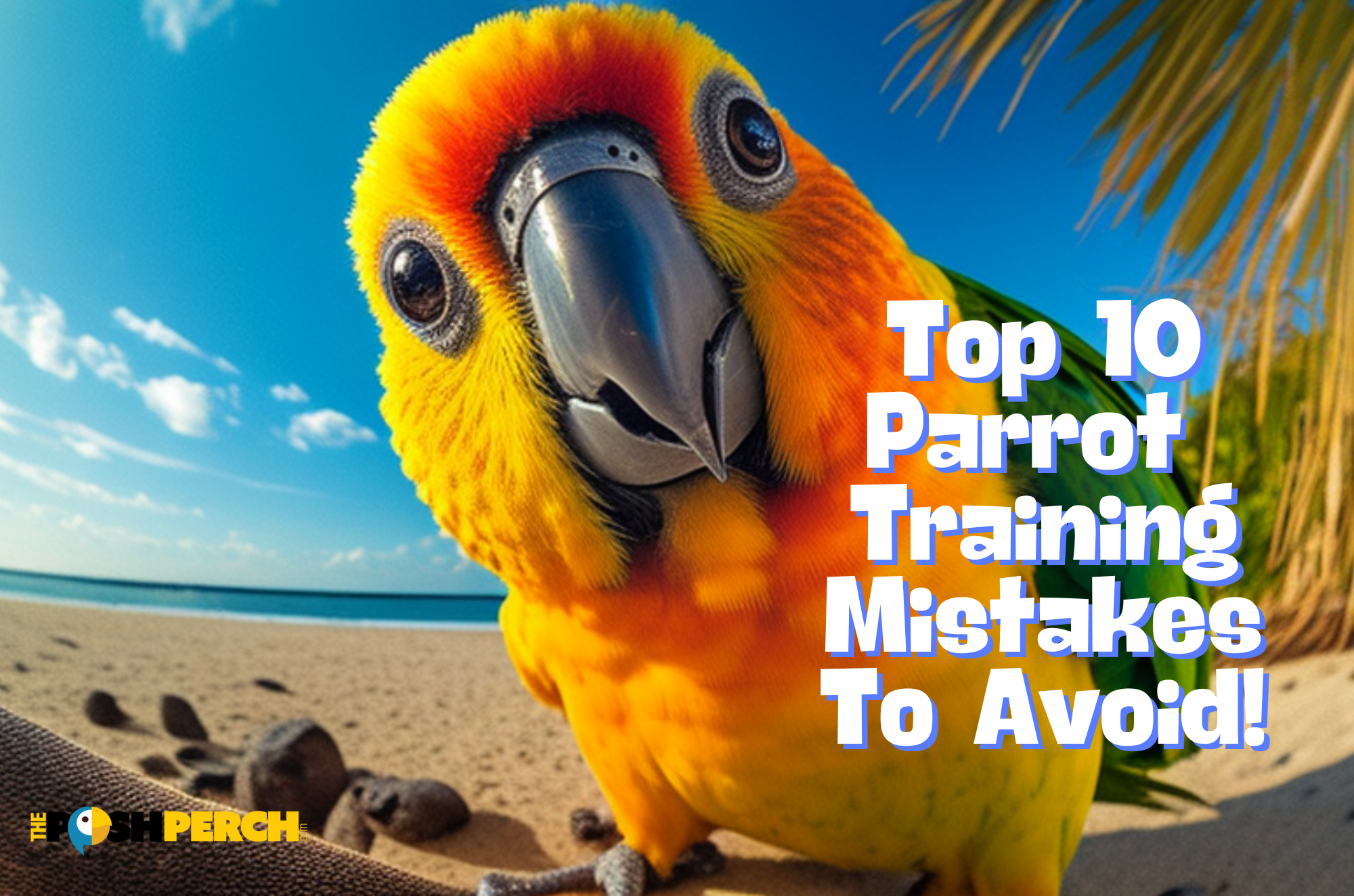
Is It Normal for a Lovebird to Lay Eggs Without a Mate?
4 min reading time

4 min reading time
Yes, it is quite common for lovebirds to lay eggs without a mate. Female lovebirds can lay eggs regardless of whether they have been fertilized by a male. This behavior is influenced by factors like age, diet, and environmental conditions. Let's explore some reasons why your lovebird may be laying unfertilized eggs and what you can do to manage this situation.
Your lovebird is around 2 years old and lays eggs monthly, sporadically, or every few months. This falls within the typical behavior for female lovebirds. Just like chickens, female lovebirds can produce eggs on their own. This is a natural biological process driven by hormones.
At around 2 years old, your lovebird is in her reproductive prime. This age is when many female birds are most likely to lay eggs, even without a mate.
Your lovebird's egg-laying pattern—monthly or sporadically every few months—is not unusual. Some birds may lay eggs more frequently than others, depending on individual hormonal cycles and environmental factors.
A diet primarily consisting of seeds, as is the case with your lovebird, can sometimes contribute to egg-laying behavior. Seeds are high in fat and can provide the energy needed for egg production. However, it's essential for your lovebird to have a balanced diet that includes fresh vegetables, fruits, and calcium supplements to support her overall health, especially if she continues to lay eggs.
While unmated egg-laying is normal, it can lead to some health issues if not managed properly. Here are some tips to help you manage your lovebird's egg-laying behavior:
Reduce the amount of daylight exposure to mimic non-breeding seasons. Keeping your lovebird in darkness for about 12-14 hours a day can help regulate her hormonal cycle and reduce egg-laying.
Ensure your lovebird is getting a well-rounded diet. Incorporate fresh vegetables, fruits, and calcium supplements to support eggshell formation and overall health. Avoid overfeeding high-fat seeds.
Remove any items in the cage that can be perceived as nesting materials, like paper or cloth. Avoid providing nesting boxes or cozy spaces that can encourage egg-laying behavior.
If your lovebird's egg-laying becomes excessive or you notice any health issues, consult an avian veterinarian. They can provide specific advice tailored to your bird's needs and may recommend hormone therapy if necessary.
While it is normal for a lovebird to lay eggs without a mate, it's essential to monitor her health and take steps to manage this behavior. By adjusting her environment, diet, and consulting with a veterinarian, you can help ensure your lovebird remains healthy and happy.
If you have any more questions or need further assistance, feel free to reach out to our community of bird enthusiasts or schedule a consultation with an avian specialist.


